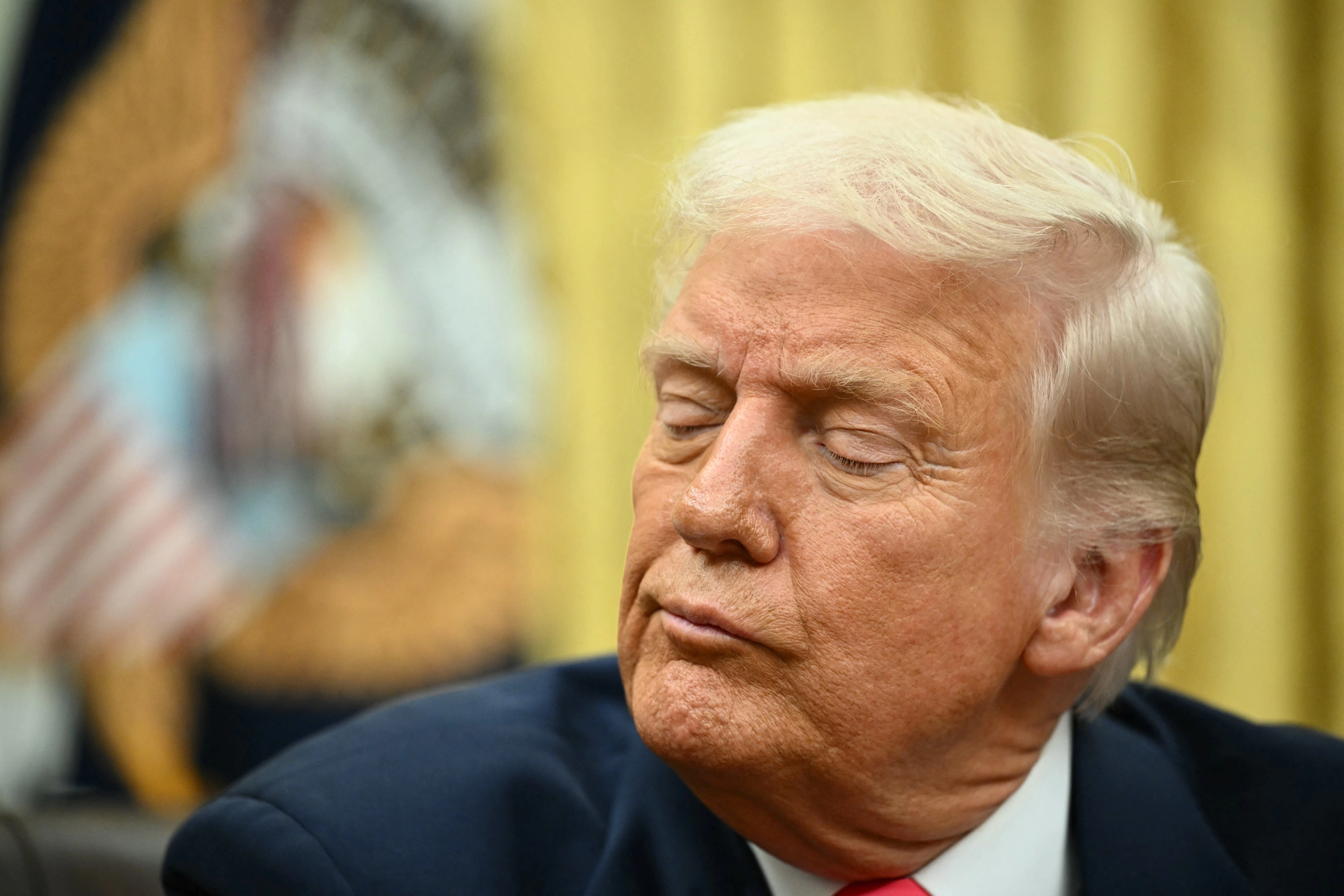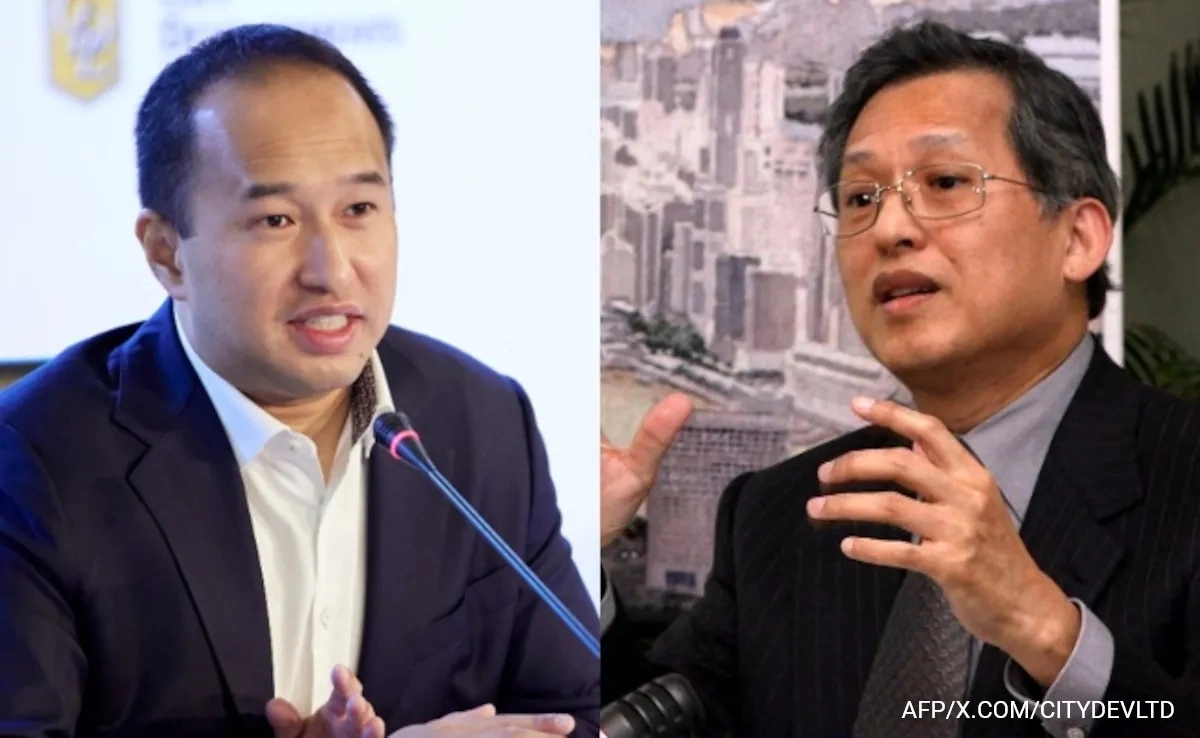In recent statements, former President Donald Trump has directed his criticisms towards the Democratic Party, alleging that they are behind what he calls the “Epstein scam.” This remark reflects Trump’s ongoing narrative of dismissing various legal challenges and investigations as politically motivated attacks. He has often referred to these issues as “hoaxes,” a term he frequently employs to undermine the legitimacy of claims against him and his associates. By framing the situation in this manner, Trump seeks to rally his supporters and reinforce the notion that the opposition is engaged in a systematic effort to discredit him.
Trump’s comments come in the wake of renewed scrutiny surrounding Jeffrey Epstein’s connections and the implications of his infamous network. Epstein, whose criminal activities have long been a topic of public fascination and outrage, has become a convenient scapegoat for Trump, who attempts to redirect attention away from his own controversies. By labeling the situation a “con job,” Trump not only discredits the investigations but also attempts to position himself as a victim of a larger political scheme. This tactic aligns with his broader strategy of portraying himself as an outsider fighting against what he describes as a corrupt establishment.
The implications of Trump’s rhetoric extend beyond mere political bluster; they resonate with a segment of the population that feels disenfranchised by mainstream media and political institutions. By framing the Epstein situation as a Democratic ploy, Trump seeks to galvanize support among his base, many of whom are skeptical of government narratives and eager for a leader who challenges the status quo. This dynamic is particularly potent in an era where trust in institutions is waning, and conspiracy theories proliferate, providing fertile ground for Trump’s assertions.
In essence, Trump’s statements regarding the “Epstein scam” serve multiple purposes: they aim to distract from his own legal dilemmas, energize his supporters, and perpetuate a narrative of victimhood against a backdrop of alleged political machinations. The ongoing discourse surrounding Epstein’s case remains a complex and sensitive issue, and Trump’s approach underscores the intersection of politics, public perception, and the enduring impact of scandal in shaping the contemporary political landscape. As the situation evolves, it will be crucial to observe how these narratives influence public opinion and the broader political discourse in the United States.




